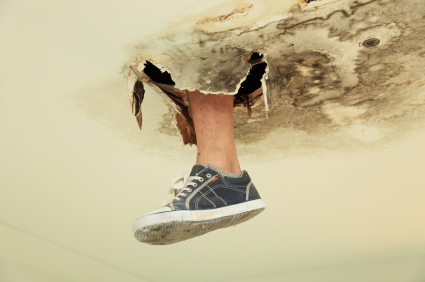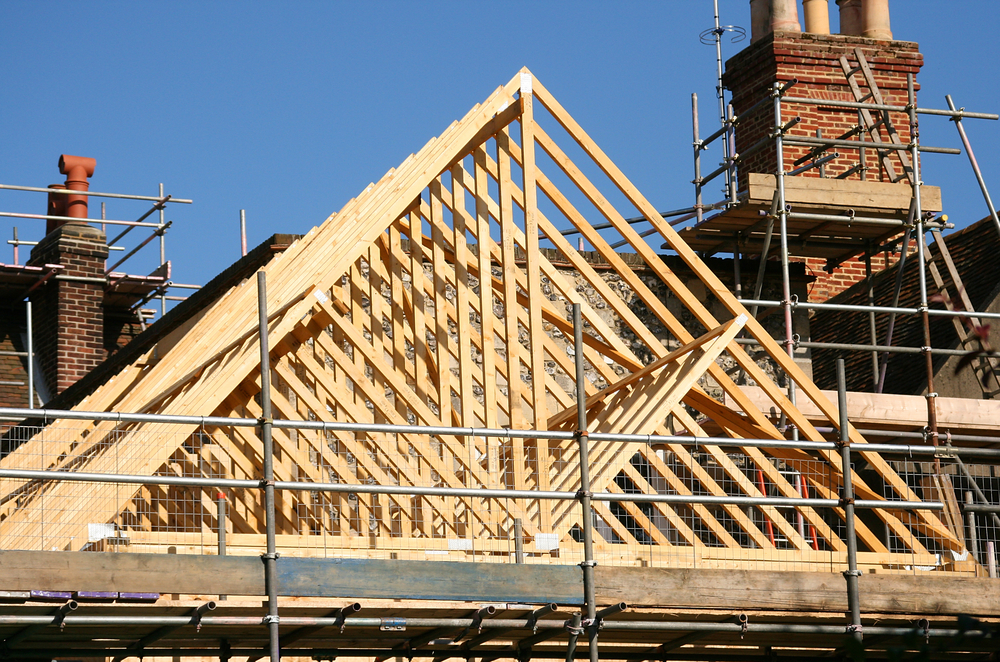 What kind of DIY enthusiast are you? Do you do it yourself because you love fixing, painting and building things? Or is your enthusiasm more about the pounds youÔÇÖre saving by foregoing a professional job?
What kind of DIY enthusiast are you? Do you do it yourself because you love fixing, painting and building things? Or is your enthusiasm more about the pounds youÔÇÖre saving by foregoing a professional job?
If itÔÇÖs the latter, the bad news is that your dates with DIY could end up costing you a lot more than you expect. This is because if the job goes wrong, the repairs might not be covered by your home insurance, leaving you facing a potentially hefty bill.
Home insurance covers the policyholder for events such as loss, damage or theft. But if the loss or damage is caused by the policyholder him or herself, the insurance company might not be so eager to pay out! If you have accidental damage cover or household emergencies cover included with your policy, you might assume that you can make a claim if your have-a-go handiwork proves less than happy. But DIY disasters are a real grey area, with many insurance companies rejecting claims for damage that the homeowner has caused.
The key to any claim is reading through your policy thoroughly and understanding which eventualities you are and arenÔÇÖt covered for. ItÔÇÖs likely that your insurance policy will extend to repairing a pipe if you accidentally hammer a nail through it, but not to bigger scenarios such as fixtures or furnishings ruined due to poor workmanship or damage caused to mechanical fittings or the structure of the property.
If you do DIY regularly, it could be worth having a chat with your insurer to find out what your policy entails and whether you can add extra cover to a basic policy to protect against small glitches. As a rule of thumb, however, it is always wise to leave mechanical and electrical jobs to the professionals. Not only is it highly unlikely youÔÇÖd be covered for damage whilst carrying out such jobs, they could prove risky! Always keep boilers and electricals maintained and serviced where appropriate; if you or an engineer has an accident working on poorly maintained equipment, it could be another reason for a claim to be withheld.
And whether you do it yourself or call in the experts, donÔÇÖt forget to notify your home insurers of major changes. Adding a kitchen extension or converting a garage to a spare bedroom might not seem relevant at the time but could make a big difference to your policy if you later have to make a claim.

